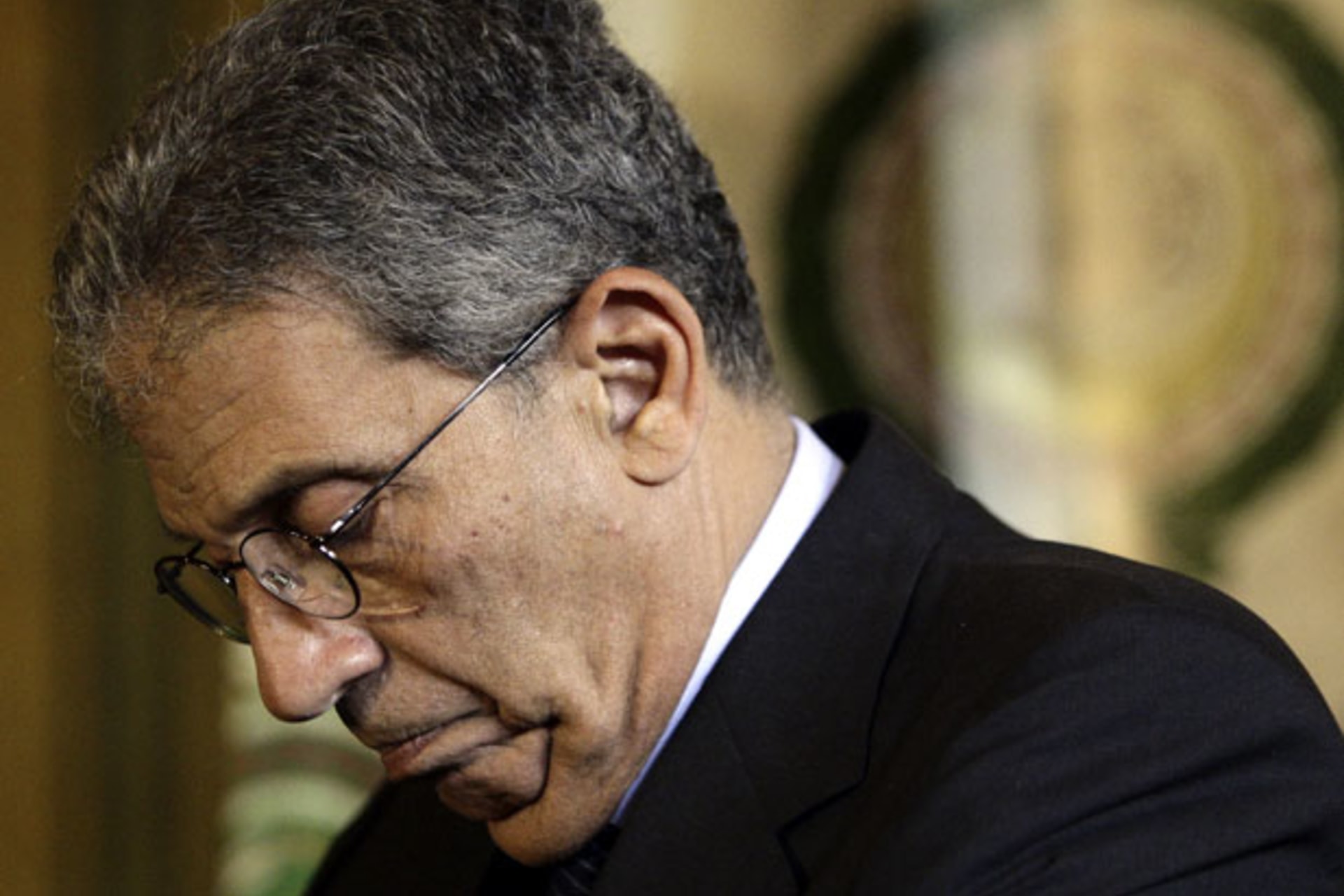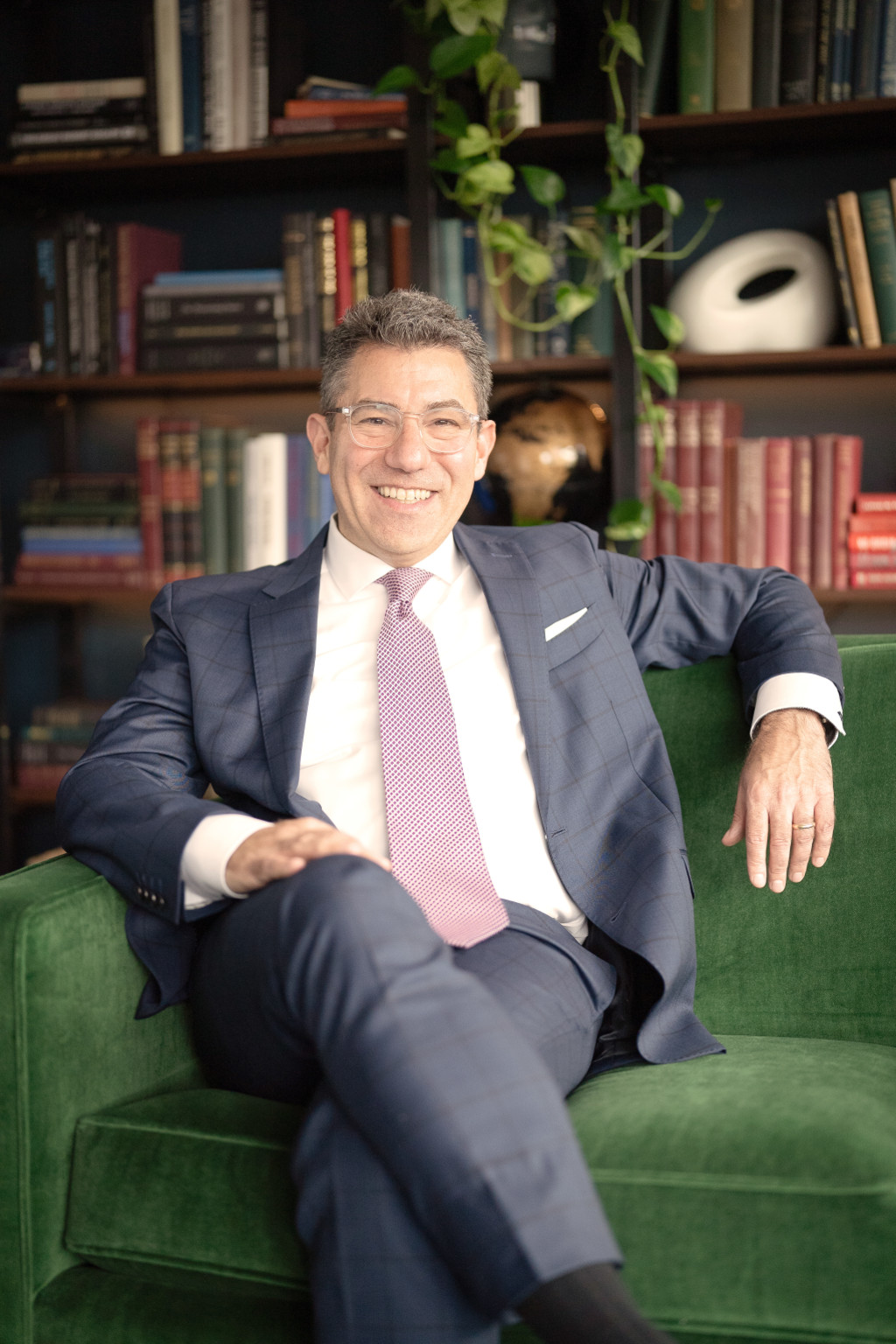Morsi Not Moussa?!?!?!?!

By experts and staff
- Published
Experts
![]() By Steven A. CookEni Enrico Mattei Senior Fellow for Middle East and Africa Studies
By Steven A. CookEni Enrico Mattei Senior Fellow for Middle East and Africa Studies
I blew it. There is no other way of putting it. The following two sentences from a CFR “Expert Brief” that I posted on May 21st are, without a doubt, my Scott Norwood moment:
The declining fortunes of the Brothers’ presidential candidate, Mohamed Morsi, who is trailing badly in the polls, signals the group is paying the price for the decision to run a candidate despite earlier commitments not to do so. Although Egyptians supported the Brotherhood in parliamentary elections, the Brothers’ about face on the presidential elections clearly evokes the hypocrisy of the Mubarak era.
My only consolation is that I am in pretty good company. A variety of polls (which can be read here and here), news reports ( such as these from the Washington Post and The Wall Street Journal ) and expert commentary all came to the conclusion that Morsi was going to lose badly. To be sure, a number of keen observers—all friends—got it right ( such as the Sandmonkey and Elijah Zarwan). Still, the fact that so many well-informed observers were “wide-right” on the elections speaks to the perils of prediction.
So what went wrong? Israel’s President Shimon Peres allegedly once said, “Polls are like perfume, beautiful to smell, but poison to drink.” Peres never won an election in his own right and may have ignored too many polls, but his underlying point remains valid. Take the results of polling, especially if you don’t have access to the methodology and a full picture of the questions, with a healthy dose of caution. Indeed, when it came to Egypt’s first round, many observers gave the pre-election polling a bit too much credibility. Clearly, we should have known better. Some of my colleagues have commented on the small sample size in some of the pre-election polling, but I am not sure that is the problem. In general, the sample sizes of the Egyptian polls I looked at were less than a 1,000 people, but that is not much smaller than public opinion polls conducted in the United States.
The more likely problem is Egypt’s precarious political environment and the challenges this presents to pollsters. First, the political dynamics have changed so much over the course of the last 16 months it is hard to get a baseline understanding of Egyptian public opinion. Although the political lines in Egypt’s ongoing political struggle (sorry!) are clear, identified voters are likely a minority. That great reservoir of average Egyptians is likely being pulled along with events, whipsawed like the rest of us by the twists and turns of the political arena. This is the kind of environment where people are constantly changing their minds as developments unfold. Second, it is clear that polling is unreliable not only under authoritarian political systems, but also during political transitions. People lie or tell pollsters what they want to hear, which is the same thing.
Polling wasn’t the only problem, however. Just like the idée fixe of the decade before the January 25th uprising that pitted Gamal Mubarak against Omar Suleiman to be the president of Egypt, somewhere along the line the notion that Abdel Moneim Aboul Fotouh and Amr Moussa were the frontrunners became embedded in the minds of observers. I’d love to do an archaeology of ideas to figure out how this impression came into being. If I had to guess, I would say it was a combination of those unreliable polls, the notion that Moussa had carried over the popularity he enjoyed when he was foreign minister, and the idea that former Brother Aboul Fotouh was drawing support from younger members of the Brotherhood, liberals, Salafis, and some revolutionaries that placed those two candidates in the top slots. The fact that they debated live on national television to the exclusion of Morsi, Ahmed Shafiq, and Hamdeen Sabahi, the three actual top vote getters, further reinforced the idea that it was a two way race between Moussa and Aboul Fotouh. Given the unpredictability of Egyptian politics, the Moussa-Aboul Fotouh prism obscured more than it revealed. It was a mistake to take their front-runners status at face value.
So what should I/we have done differently? Looking back over the last couple of weeks, it is now clear that Abdel Moneim Aboul Fotouh had too many constituencies. Since last May, observers have heard over and over again that large numbers of younger Brothers were gravitating to Aboul Fotouh, but clearly not enough. In the week before the election, the alleged liberal Islamist drew the support of the al Nour party, but it was never clear if the party was going to throw its weight and organizational capacity in favor of Aboul Fotouh. That question should have been an important signal that Aboul Fotouh’s support may have been more apparent than real. The smattering of liberals and revolutionaries who supported Aboul Fotouh in the belief that he could be “Egypt’s Erdogan” was too small to make a difference.
Moussa flopped because if Egyptians were going to vote for a fel (singular of felool)—remnant of the old regime—candidate they were going to vote for Ahmed Shafiq, Mubarak’s last prime minister and a former air force commander. Shafiq ran on a platform that essentially called for a restoration of the previous political order and taking down the Islamists. Moussa, in contrast, ran away from his association with Mubarak, though he did hold himself out as a restorer of stability and order. In retrospect, it is not all that surprising that Shafiq’s message resonated with about 25 percent of the people who cast a ballot. The situation in Egypt is precarious: There is an economic crisis, much uncertainty, periodic spasms of violence, and there are many people afraid of the rise of Islamists. The residual effects of my romance with the barricades from my brief moment in Tahrir in January 2011 clearly clouded my judgment. I could not fathom that people would want a return to something approximating the old order.
Finally, never underestimate the Muslim Brotherhood. As I wrote after the parliamentary elections, the Brothers have developed a sophisticated mechanism of political mobilization through their provision of social services, they have had an 80 year head start on everyone else, and importantly, they have a vision of Egyptian society that apparently resonates with large numbers of Egyptians no matter who is the messenger.
The important thing now is for those analysts who got it wrong not to over-correct. I stand by my claim that the Brothers will have a hard time imposing their will on Egypt. The demonstrations in Tahrir on Monday and today against Morsi (and Shafiq) are a clear indication that even if the Brothers assume the chair, running Egypt is not going to be easy.
